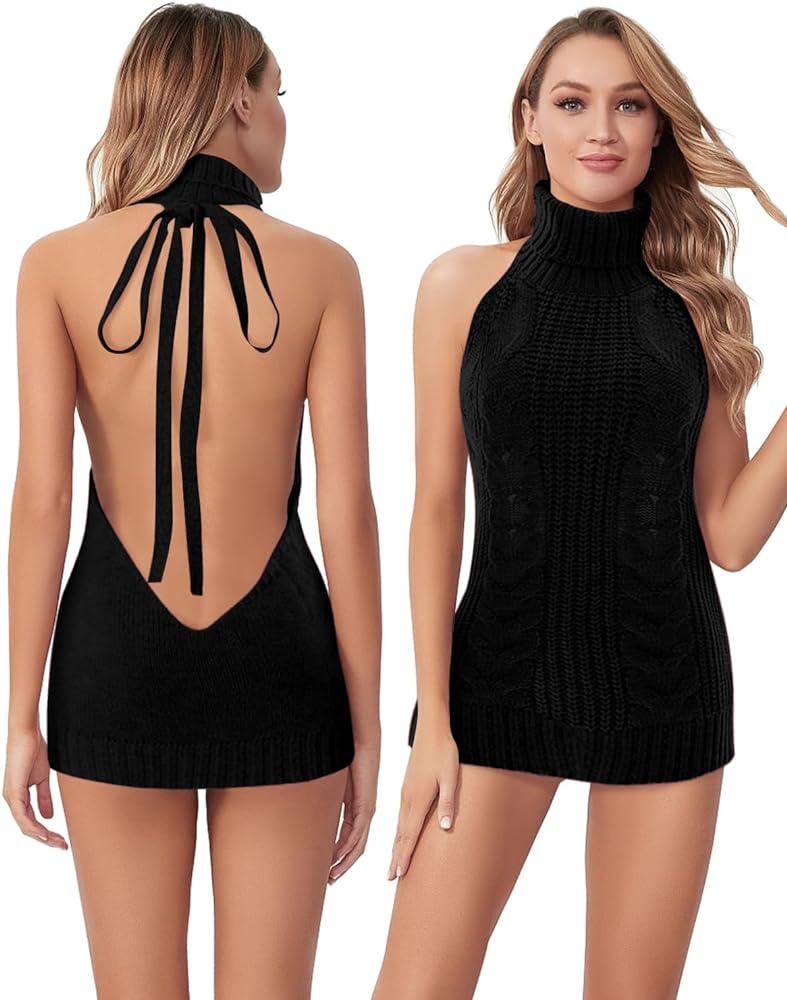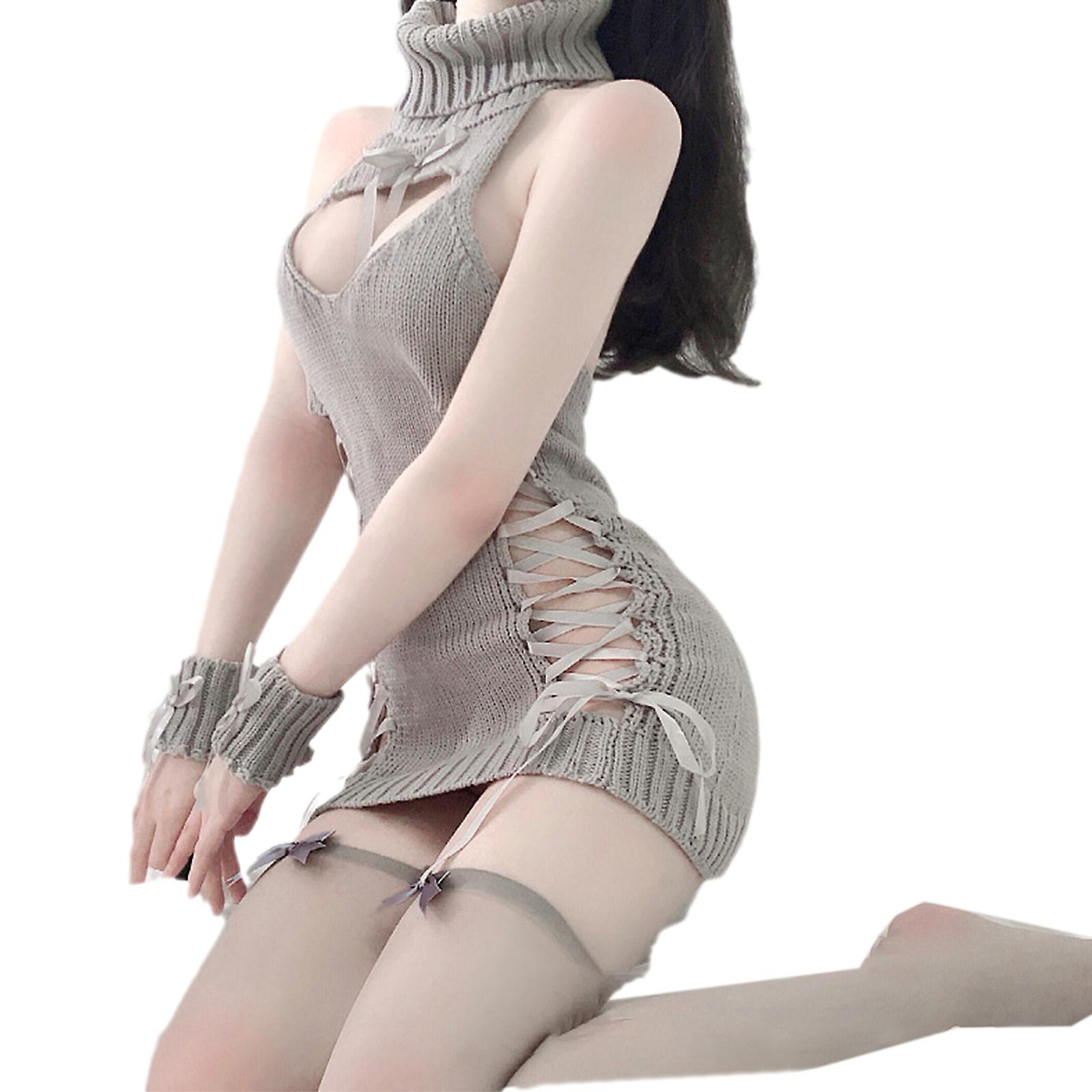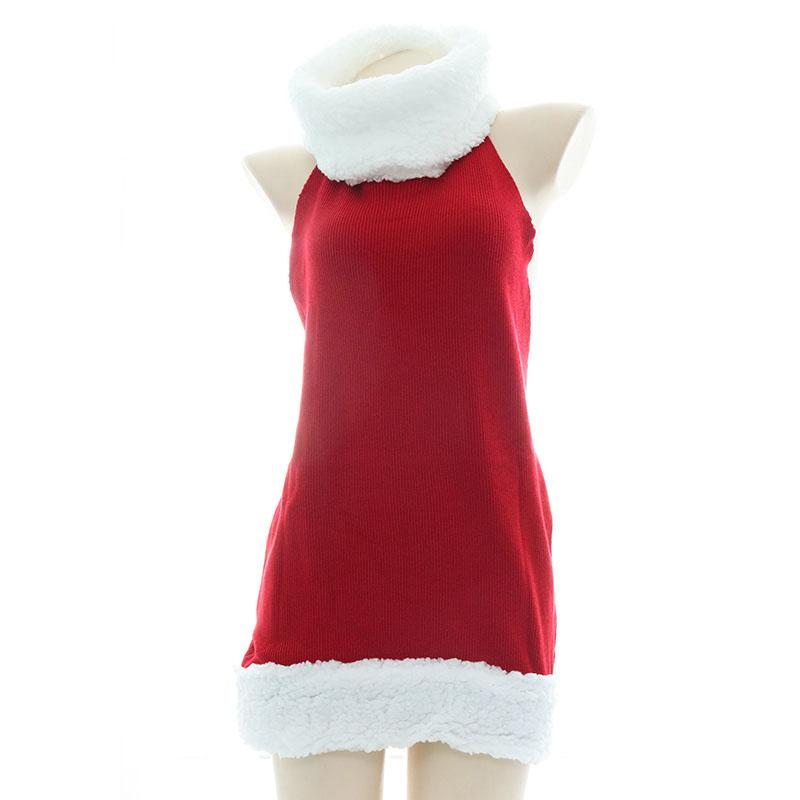Introduction
In the ever-evolving landscape of fashion and internet culture, the “Virgin Killer Sweater,” a controversial garment that sparked intense debates online, has become a symbol of the blurred lines between fashion, freedom of expression, and the ethical responsibilities tied to both. This peculiar piece of clothing, with its seemingly innocent design concealing a provocative element, embodies the complex dynamics at play in modern-day society’s relationship with fashion.

Origins and Design
The Virgin Killer Sweater, which originated from Japanese anime subculture, gained notoriety in the late 2010s, particularly through social media platforms like Reddit and Twitter. Its design is deceptively simple: a cropped, loose-fitting sweater with a plunging back that exposes the wearer’s midriff, but with a twist – a sheer panel that reveals much more than one would anticipate from a sweater. This feature, intentionally provocative, sparked discussions about the sexualization of young women and the appropriateness of such designs in mainstream fashion.
At the heart of the debate lies the question of where to draw the line between artistic expression and societal norms. Critics argue that garments like the Virgin Killer Sweater contribute to the objectification of women and perpetuate harmful stereotypes, especially given its association with anime culture, which has often been criticized for its portrayal of female characters. Proponents, however, defend it as a form of self-expression and pushback against conventional dress codes, emphasizing personal choice and the democratization of fashion through the internet.
The Role of Social Media
Social media played a crucial role in the sweater’s meteoric rise to infamy. Platforms like Instagram and TikTok became stages for users to showcase their style, challenge conventions, and express themselves, sometimes controversially. The viral nature of the sweater led to a wider conversation about the power dynamics in fashion, including who gets to dictate what is fashionable and acceptable.
The Impact on Fashion Industry
This phenomenon also forced the fashion industry to confront its own practices and the messages it sends through its designs. Brands began to reassess their approach to inclusivity, diversity, and ethical considerations in the creation and marketing of their products. Some designers embraced the controversy as an opportunity to spark dialogue, while others distanced themselves from anything that might be seen as promoting questionable imagery.
The Evolution of Fashion Norms
The Virgin Killer Sweater controversy underscores the ongoing evolution of fashion norms and the influence of digital spaces in shaping them. It highlights how the internet can amplify voices from niche communities, challenging traditional gatekeepers and sparking global conversations about cultural values, gender roles, and the boundaries of creativity. As society continues to grapple with these issues, fashion will undoubtedly remain a potent arena for expressing identity, pushing boundaries, and negotiating the complexities of contemporary life.
The Intersection of Fashion and Technology
The rise of the Virgin Killer Sweater also highlights the intersection of fashion and technology, specifically how advancements in online platforms have democratized access to fashion trends and allowed for rapid dissemination of new styles. Social media algorithms, designed to keep users engaged, inadvertently promote controversial content, turning items like the sweater into overnight sensations. This phenomenon underscores the power dynamic between technology companies and the content they host, raising questions about censorship, free speech, and the responsibilities of these platforms in moderating potentially harmful or inappropriate content.
Body Positivity and Self-Expression
Paradoxically, while the Virgin Killer Sweater sparked debates around objectification, it also became a tool for some individuals to assert their body positivity and reclaim control over their self-expression. For some wearers, the sweater represented a bold statement against societal expectations of modesty and a celebration of personal style unbounded by traditional norms. This aspect of the debate emphasizes the subjective nature of fashion and how different individuals interpret and utilize clothing to communicate their identity and values.
Cultural Appropriation and Global Perspectives
The international reach of the Virgin Killer Sweater controversy also sparked discussions about cultural appropriation within the fashion industry. With roots in Japanese anime culture, the sweater’s global popularity ignited conversations about the respectful borrowing versus exploitation of cultural symbols in fashion. It highlighted the importance of understanding the origins and meanings behind certain styles and the necessity for cross-cultural sensitivity when adopting and popularizing trends worldwide.
Regulation and Industry Response
In response to controversies like the Virgin Killer Sweater, regulatory bodies and industry leaders have been prompted to reevaluate their guidelines and practices. Some retailers faced pressure to remove such items from their shelves, while others implemented stricter policies regarding the depiction of models and the appropriateness of product designs. This reflects a growing recognition within the industry that fashion, while a form of art and self-expression, must also operate within a framework of ethical responsibility.
Regulation and Response
As the controversy around the Virgin Killer Sweater escalated, regulatory bodies and online platforms found themselves grappling with how to respond. Some websites banned images featuring the sweater, citing violation of their community guidelines regarding inappropriate or sexual content, particularly involving minors. This move sparked further discussion about censorship, freedom of artistic expression, and the responsibility of platforms to protect users from potentially harmful content.
The Power of Consumer Voices
Consumers, particularly younger generations who are highly active online, have demonstrated a growing awareness and willingness to engage in conversations around ethical fashion. Through social media campaigns, online petitions, and boycotts, they have exerted pressure on brands to be more transparent and responsible in their practices. The Virgin Killer Sweater controversy became a catalyst for discussions about the need for ethical consumption, with many advocating for a more mindful approach to fashion that considers the impact on individuals and society.
Repercussions for Designers and Brands
The incident highlighted the importance of conducting thorough ethical impact assessments before launching new products or collections. Brands that ignored these concerns risked damaging their reputation and losing customers who prioritize values alignment with the companies they support. On the other hand, those that responded positively to feedback and integrated ethical considerations into their design process were able to build stronger relationships with consumers and contribute to positive change within the industry.
The Future of Fashion and Self-Expression
Looking forward, the Virgin Killer Sweater controversy serves as a reminder that fashion, as a form of self-expression, is deeply intertwined with societal values and cultural norms. As we continue to progress, it is likely that fashion will increasingly reflect a more nuanced understanding of these dynamics. The industry may see a greater emphasis on inclusive and diverse representation, sustainability, and designs that empower wearers rather than objectify them.
Moreover, technology, including AI and virtual reality, could play a pivotal role in reshaping the industry, allowing for more personalized and immersive experiences that respect individuality while minimizing potential harm. This could lead to a future where fashion is not only a means of self-expression but also a tool for promoting positive social change.
In conclusion
The Virgin Killer Sweater represents more than just a piece of clothing; it is a cultural artifact reflecting the tensions and transformations within the fashion industry and society at large. Its impact underscores the need for ongoing dialogue about the ethical implications of fashion choices and the responsibility shared by designers, consumers, and social media platforms in shaping a more inclusive and respectful fashion landscape.




